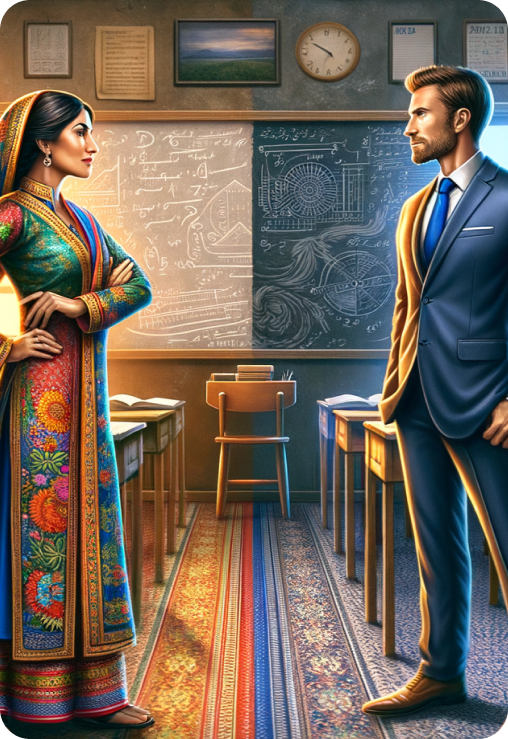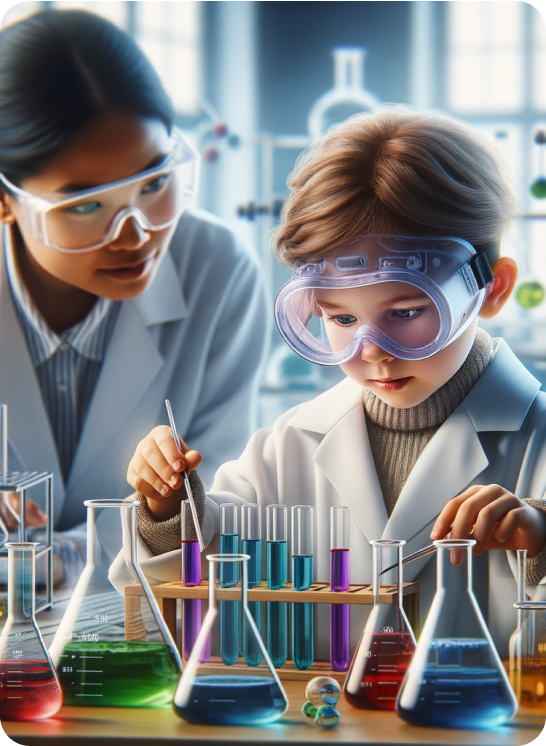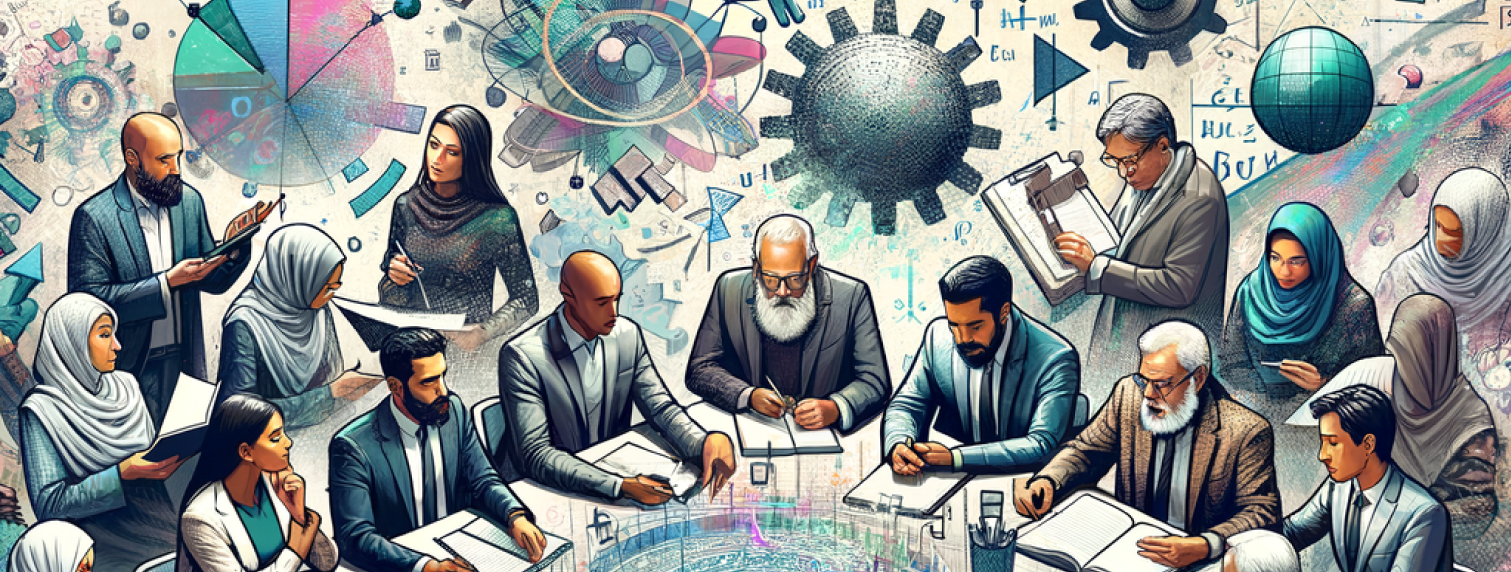
Education is becoming increasingly more important as we become challenged by technology. Parents want the best for their children to secure their future in an hyper-competitive society.
One of the questions they should ask is: should my children learn in a Western setting, promoting freedom and creativity, or grow up in an Eastern environment, with its rigour and routine? From this global debate, Studtors emerges with an innovative teaching philosophy that aims to synthesise the best elements from both hemispheres into the most effective educational model.

Geniuses are not born, they’re made, from as young as possible to ensure a solid foundation. Central to the Studtors philosophy is the belief in early childhood development in STEM subjects (Science, Technology, Engineering, and Mathematics). Studtors envisions a learning environment where a child’s natural curiosity is stimulated through hands-on activities, experiments, and practical applications.
Unlike the freestyle unfocused learning of the West, or the rigid joyless memorisation of the East, Studtors provides a systematic educational approach to natural discovery and exploration. This ensures that children not only enjoy their learning experience but also build a solid foundation of core knowledge and skills.


Studtors is not merely a catalogue of centres; it's a platform for mass cooperation among the educational institutions of the world. By sharing resources and insights gained over decades of operations, the Studtors community—including teachers, educators, and founders—can work together to transform the industry forever.
This synergy is not just about improving how students find tutors, but redefining the very nature of STEM education.
Studtors goes beyond simple robotics or beginner coding courses like Scratch, nor is it about playing with blocks or bricks; it's about engaging with complex, project-based learning.
Subjects like aerospace, biochemistry, pharmacy, and advanced engineering are taught with a deep understanding of the underlying scientific principles, computer science, and mathematics, yet simplified and adjusted to the level that a young child could be able to grasp and feel.

